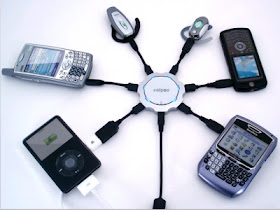“Now is the
winter of our discontent,
Made glorious summer by this sun of York.”
Made glorious summer by this sun of York.”
-
William Shakespeare Richard III
I am so over winter. I’ve had it.
Done! Each year I hate it more and more. Every year in November, I start giving
myself that pre-winter pep talk about improving my attitude and hoping “this
year” will be different. It never is!
Top Six things I hate about
winter
1. It is dark. The lack of sunlight makes me crazy,
depressed, and bitter. I suffer from Seasonal Affective Disorder (SAD) and not
only does it make me sad, it makes me MAD!
2. It is cold. So shoot me, I can’t stand being cold. I prefer to be warm than cold and I am almost always cold.
3. Hibernation. Since I don’t
like the dark and cold, I go into hibernation mode. This is upsetting because I
love being outdoors. Sitting in the house all the time is even more depressing.
You see where this is going.
4. The clothes. Too many and too
bulky.
5. Snow. I know! I am being virtually booed at this
very moment. If you live in D.C. and have to commute, you will understand WHY
snow has become so loathsome to so many people. Sure it is pretty to look at,
but it isn’t worth the chaos, danger, and misery.
6. There are no leaves on the trees. This is so depressing. To me, a tree without leaves looks like dead, lifeless, and like a tree skeleton.
I suffer from early December
through mid March each year, but now I can CELEBRATE and enjoy the next nine
months of gloriously warm, sunny, mild weather. I made it!!!
Happy First Day of Spring!!!!
And before you know it, SUMMER will be here!














